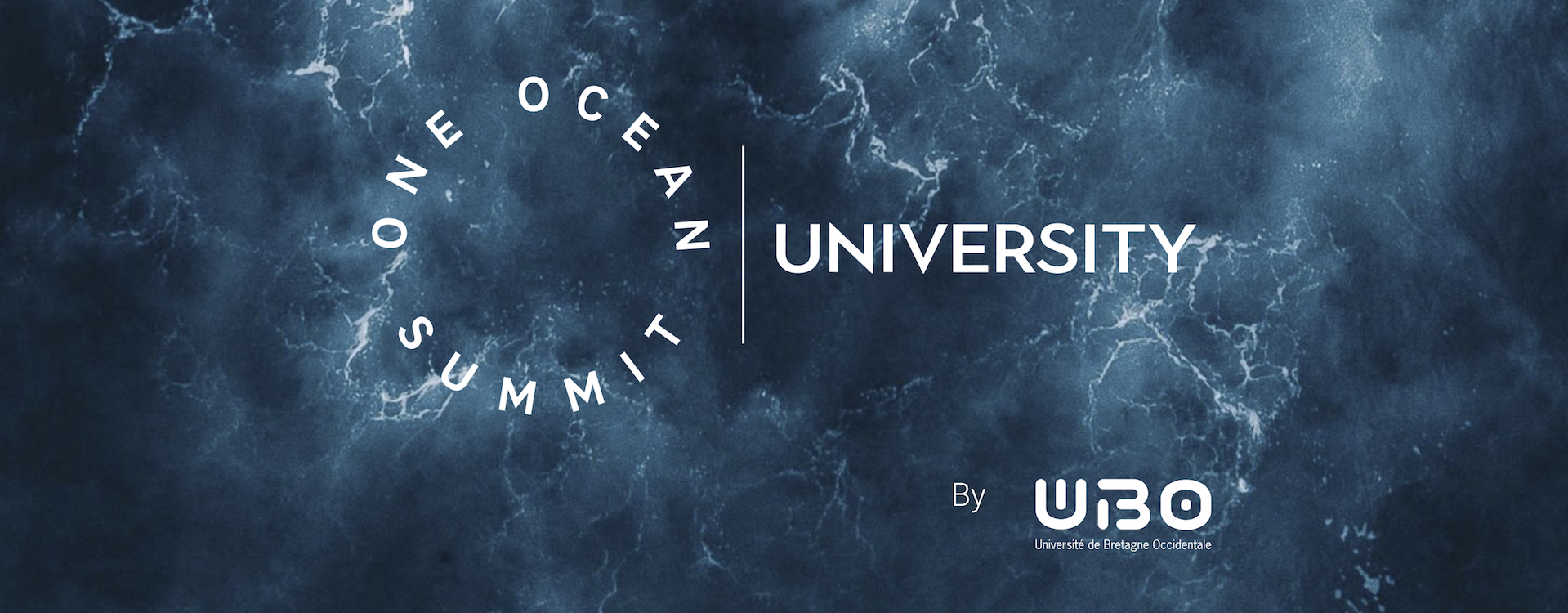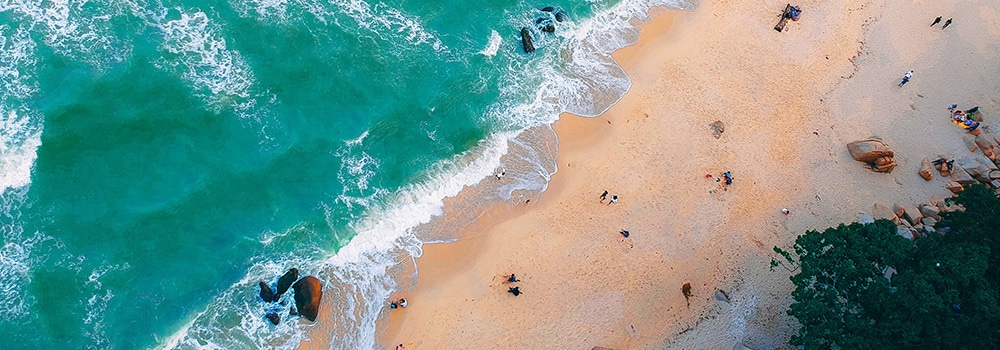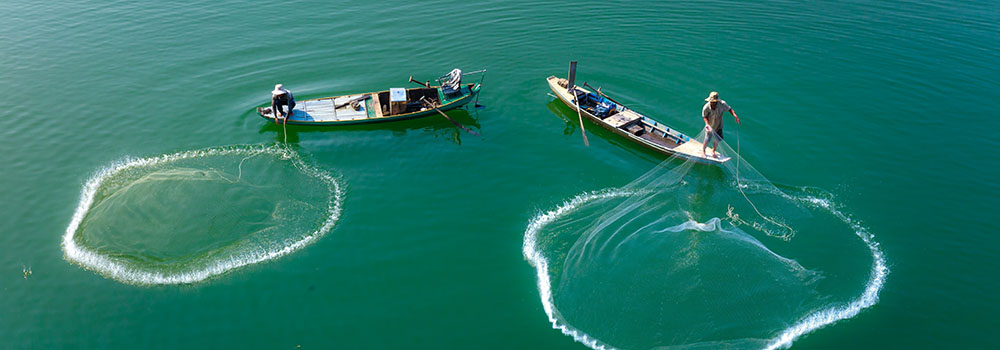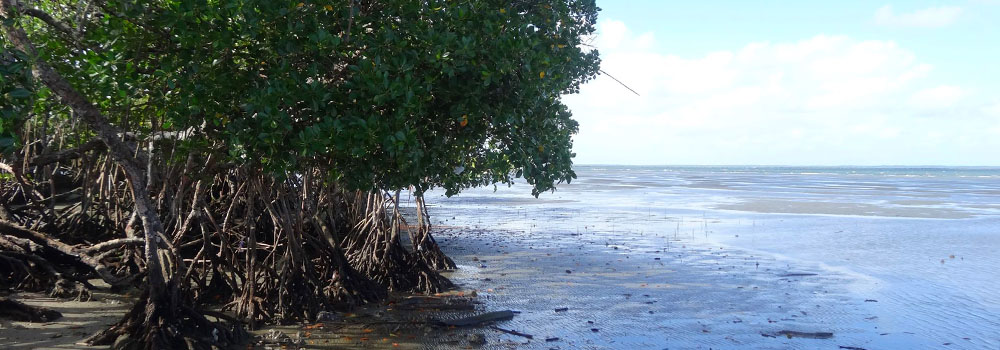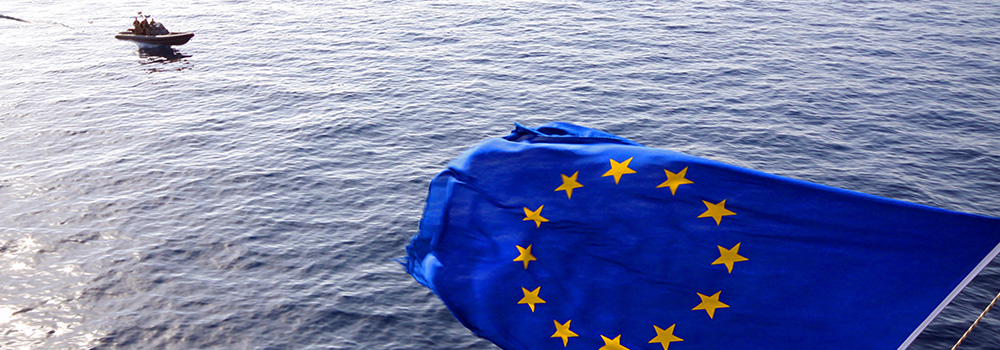When the One Ocean Summit came out, the University of Brest (UBO) mobilized its partner networks to initiate a joint effort from early career researchers for the One Ocean Summit.
Since January, about fifty PhD students and postdoctoral researchers from various nationalities and disciplines have been working together to propose a common view of the challenges and opportunities of research and research training in the context of the United Nations Decade of Ocean Sciences for Sustainable Development. Their common objective is to produce a Call for Action which can appear as a milestone. Based on the dynamics launched during the One Ocean Summit, the early career researchers are proposing their peers to join their effort to enrich the initiated work and will present this Call for Action to the United Nations Conference on the Oceans, organized in Lisbon at the end of June 2022.

© Denis BAILLY | UBO
Reinforce integrated approaches; horizontally (between all the maritime stakeholders) and vertically (between local, regional and international scales)
Ocean governance must be established between different actors (such as NGOs, government agencies, communities, industries), sectors (such as fisheries, marine renewable energy, shipping), and between local, regional and international scales.
- Encourage polycentric governance to ensure the participation of civil society and private stakeholders
- Apply participatory modeling and the use of serious games for example, to boost these interactions and foster integrated approaches in different scales
Develop an international platform to integrate research in ocean governance, in order to define the good ecological status of the Ocean and systematically apply the precautionary principle
A strong science-policy interface is needed to support evidence-based approaches to governance:
- Encourage research involvement in international ocean governance in all its fields
- Focus on experimental sciences to define the good ecological status of the Ocean and rely on social sciences to assess the feasibility and social acceptance of ocean public policies
- Create International Panel on Ocean Change
With the support of
See this page in: Français


